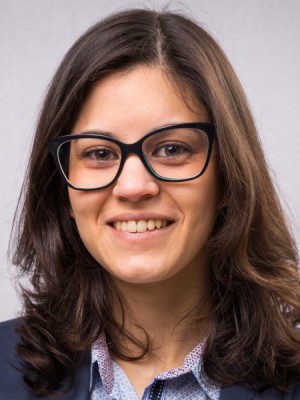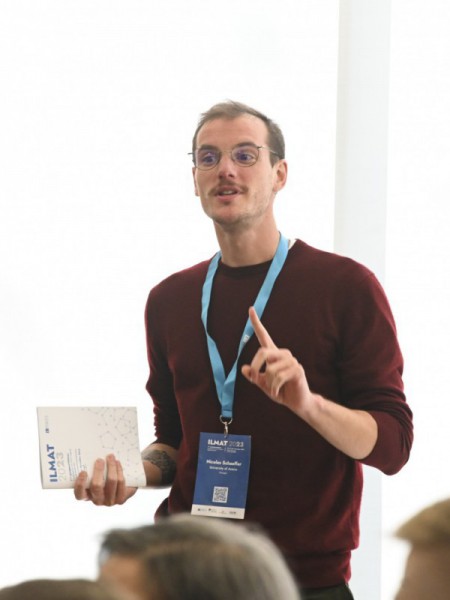resumo
The observed imbalance between the unsustainable consumption of available natural metal resources and finite deposits makes the recovery and recycling of metals from metal-containing wastes an imperative. Here, ionic-liquid- based aqueous biphasic systems (IL-based ABSs) are proposed as an efficient alternative for selective metal recovery from real copper acid mine drainage (AMD) effluents. ABSs composed of different ILs and Na2SO4 were evaluated for Zn, Al, Cu, Co, and Ni extraction from both model solutions and AMD samples. It is shown that IL composed of thiocyanate anion ([SCN](-)) presented a remarkable ability to extract metals from AMD through the formation of stable metal complexes. The addition of NaSCN to ABSs composed of tetrabutylammonium chloride ([N-4444]CI) allowed to mimic the use of [SCN]-based IL with additional advantages: tunable metal selectivity by the concentration of [SCN](-) added to the ABS and a reduction in system cost and environmental impact. Furthermore, at the [SCN] -concentration range studied here, the formation of a hydrophobic salt composed of IL cations and metal complex anions is observed, which allows the selective extraction and recovery of transition metals in a single step. The IL-rich phase recyclability in three extraction cycles is demonstrated, showing the possibility to recover two times more Zn than with a single extraction cycle while using the same amount of IL and thiocyanate. Salt-rich phases were also recycled in a new IL-based ABS for the subsequent Cu extraction and recovery. These results allow the development of a sustainable process for the selective sequential recovery of transition metals from AMD.
categoria
Chemistry, Multidisciplinary; Green & Sustainable Science & Technology; Engineering, Chemical
autores
Passos, H; Cruz, B; Schaeffer, N; Patinha, C; da Silva, EF; Coutinho, JAP
nossos autores
Projectos
Collaboratory for Emerging Technologies, CoLab (EMERGING TECHNOLOGIES)
agradecimentos
This work was developed within the scope of the project CICECO - Aveiro Institute of Materials, UIDB/50011/2020 and UIDP/50011/2020, financed by national funds through the Foundation for Science and Technology/MCTES. The field work and geochemical analysis were financed by the GeoBioTec Research Unit. This work is funded by national funds through FCT - Fundacao para a Cicncia e a Tecnologia, I.P., under the Scientific Employment Stimulus - Individual Call -CEECIND/00831/2017 - under the CEEC Individual 2017.




